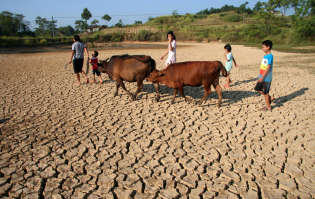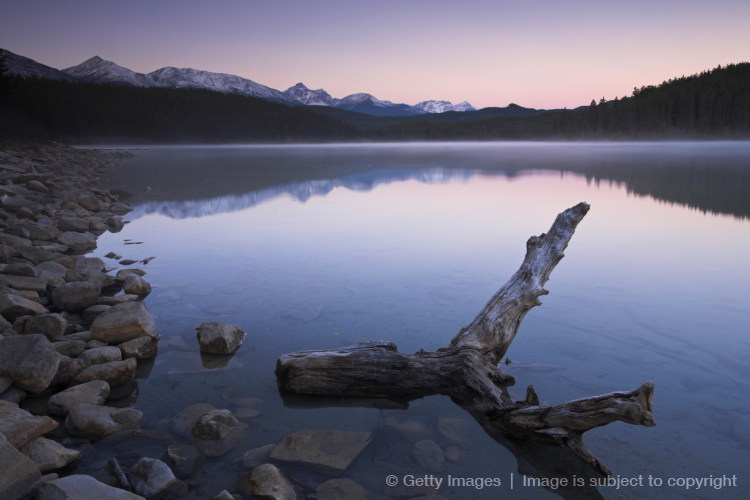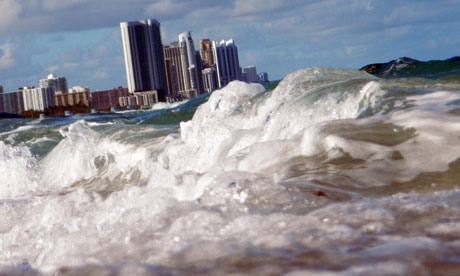“Many of the events that made 2012 such an interesting year are part of the long-term trends we see in a changing and varying climate — carbon levels are climbing, sea levels are rising, Arctic sea ice is melting, and our planet as a whole is becoming a warmer place," said Acting NOAA Administrator Kathryn D. Sullivan, Ph.D.
“This annual report is well-researched, well-respected, and well-used; it is a superb example of the timely, actionable climate information that people need from NOAA to help prepare for extremes in our ever-changing environment."

 Environmental Glance
Environmental Glance As a Forest Supervisor with the U.S. Forest Service in the 1990s, I put a 15-year moratorium on oil and gas leasing in Montana’s Rocky Mountain Front. I made this controversial decision because the ecosystems on the Front are irreplaceably rich and diverse, and because I’d witnessed first-hand the cultural connections (in spirit, mind, and body) that countless people both near and far had to this extraordinary place.
As a Forest Supervisor with the U.S. Forest Service in the 1990s, I put a 15-year moratorium on oil and gas leasing in Montana’s Rocky Mountain Front. I made this controversial decision because the ecosystems on the Front are irreplaceably rich and diverse, and because I’d witnessed first-hand the cultural connections (in spirit, mind, and body) that countless people both near and far had to this extraordinary place. Drought since mid-June has left about 5.95 million people short of water in 13 provincial-level areas across China, according to a Ministry of Civil Affairs report Monday.
Drought since mid-June has left about 5.95 million people short of water in 13 provincial-level areas across China, according to a Ministry of Civil Affairs report Monday. A Canadian oil company still hasn’t been able to stop a series leaks from underground wells at a tar sands operation in Cold Lake, Alberta. The first leak was reported on May 20, with three others following in the weeks after — making it at least 10 weeks that oil has been flowing unabated.
A Canadian oil company still hasn’t been able to stop a series leaks from underground wells at a tar sands operation in Cold Lake, Alberta. The first leak was reported on May 20, with three others following in the weeks after — making it at least 10 weeks that oil has been flowing unabated. More than 1,700 American cities and towns – including Boston, New York, and Miami – are at greater risk from rising sea levels than previously feared, a new study has found.
More than 1,700 American cities and towns – including Boston, New York, and Miami – are at greater risk from rising sea levels than previously feared, a new study has found.






























